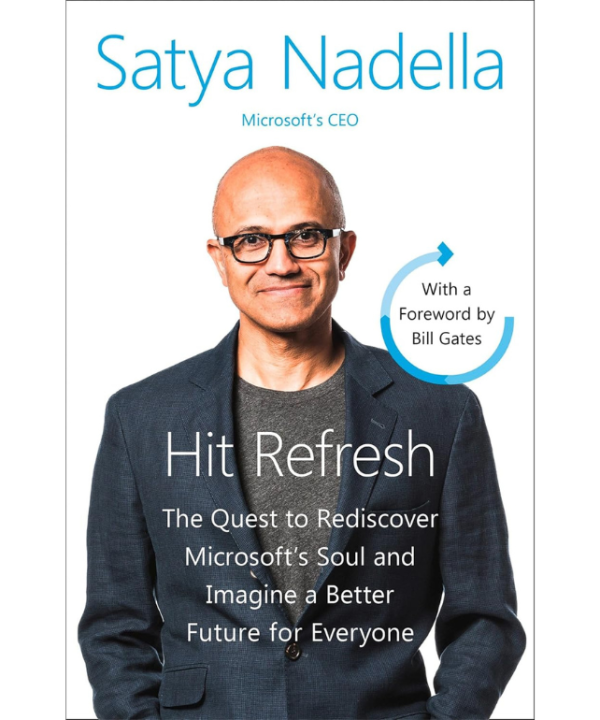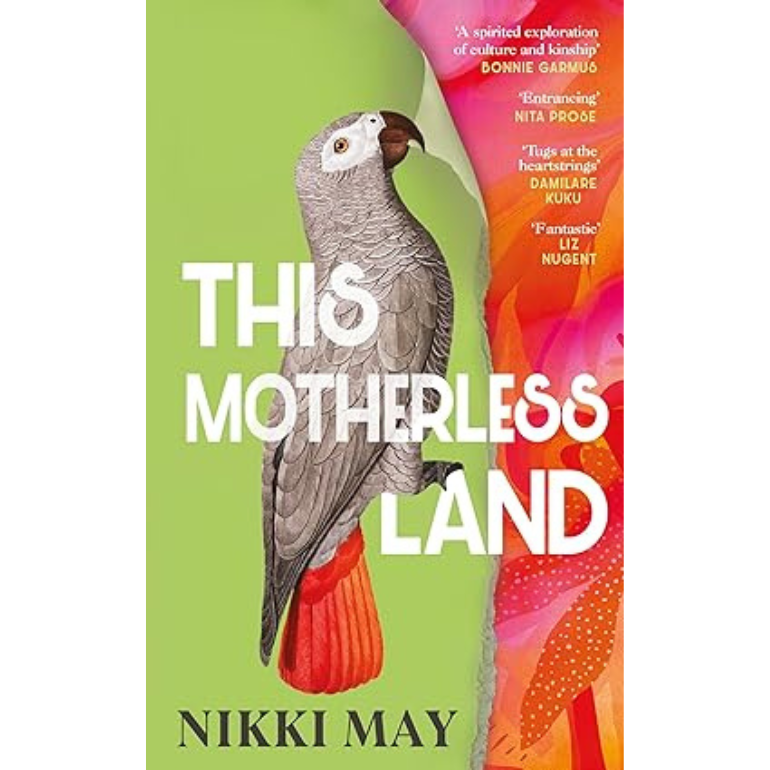Book Recs, Book Reviews
‘This Motherless Land’ is a Bumpy, Angry but Rewarding Train Ride Back to 1970s Nigeria and England.
Nikki May’s sophomore novel, This Motherless Land, is a bumpy, angry, but rewarding train ride back to 1970s Nigeria and England.
The book opens with a warm, family-show-like snapshot of the Onyenuga family, complete with petty sibling squabbles between Funke and her brother Femi—a dynamic that beautifully brings the coming-of-age theme to life. It’s a clever setup, lulling the reader into believing this is a story solely about the Onyenuga family. It is, but at the same time, it isn’t.
Then, out of nowhere—literally out of nowhere—a tragic accident shifts the story entirely, and the novel truly begins.

Nikki May carefully takes us inside the heads of her two protagonists, Funke and Olivia. Their personalities couldn’t be more opposite, yet they are bound by a shared, desperate yearning for the warmth of a mother’s love. Olivia’s bubbly charm helps coax Funke out of her shell when she finds herself in a cold, unfamiliar environment.
I was thoroughly enchanted by the dynamic between these two. Their budding friendship felt like a small beacon of hope—proof that even in the coldest, most alienating places, one can still find pockets of warmth. Through Funke, Nikki May captures the emotional frost of displacement, that gradual solidification of something that should have remained fluid. By the end, I felt like I knew Funke inside out, as though I’d lived her pain and her resilience.
Some of the dialogue was my absolute favourite part of the book. Nikki May nailed the essence of the 1970s through the language, effortlessly blending humour and humanity into her prose. I found myself eagerly turning pages, looking forward to each new scene. The dialogue didn’t just move the story forward; it painted the historical backdrop in vivid colours, layering the narrative with context that felt authentic and alive. Maybe I was extra charmed by this because I’ve been diving into historical fiction lately, but May’s attention to detail in this aspect was outstanding.
And, of course, it’s impossible to talk about this book without addressing its most obvious theme: racism. The nuances with which Nikki May explores racism are something I’d urge readers to discover on their own. But I will say this—her approach felt raw, precise, and achingly real, almost as though drawn from lived experience.
My least favourite part of the book was Funke’s father. His character felt inconsistent and, at times, confusing. One moment he was loving, and the next, he was lamenting his lack of a son. It’s no secret that many Nigerian men prefer sons over daughters, but where I come from in Igbo Land, there’s a widely celebrated bond between fathers and first daughters. Fathers often love their daughters to the moon and back, so I struggled to reconcile Funke’s father’s behaviour after the accident. His grief seemed less like a natural response and more like a narrative device designed to push Funke away. Then again, grief is a messy, unpredictable thing, and maybe that was the point.
The supporting characters outside Funke and Olivia were also deeply fleshed out. They were so real, so flawed, that they often made me angry. Their lies and cruelty—particularly the way humans can dehumanize others simply because of skin colour—had me closing the book more than once just to breathe. It pissed me off so bad I wanted to scream! Yet, as much as their actions enraged me, the resilience and humanity of other characters reminded me to hold on to hope.
This Motherless Land is, at its core, an exploration of love—how it can heal and hurt us, and why we must continue to hold space for it despite everything. Nikki May’s honest storytelling pulled me in, and by the time I turned the last page, I was left with a renewed sense of the power of forgiveness and the necessity of hope.
This book is important, tender, and unflinchingly real.
About The Writer: Nnaemeka Nnam is a Nigerian writer and bookstagrammer. He has been published or forthcoming at Nnọkọ Stories, W&S UK, and Isele Magazine. He is an alum of Sprin NG Writer’s Fellowship 2023 and Idembeka Creative Writing Workshop 2023. Nnaemeka wants you to embrace love, sadness and joy as they come. When he’s not obsessing over books on Instagram, they are wishing upon a star.


 Hit Refresh: The Quest to Rediscover Microsoft's Soul and Imagine a Better Future for Everyone
Hit Refresh: The Quest to Rediscover Microsoft's Soul and Imagine a Better Future for Everyone 